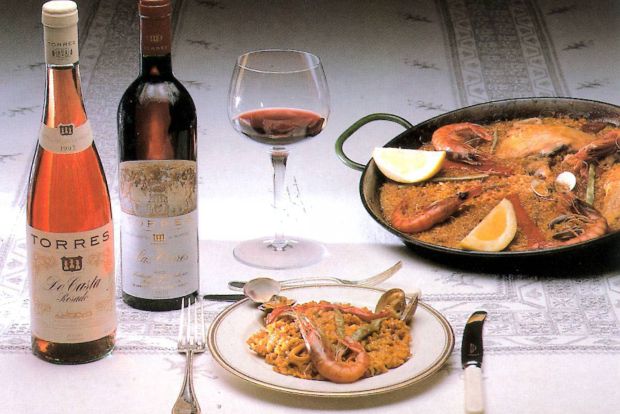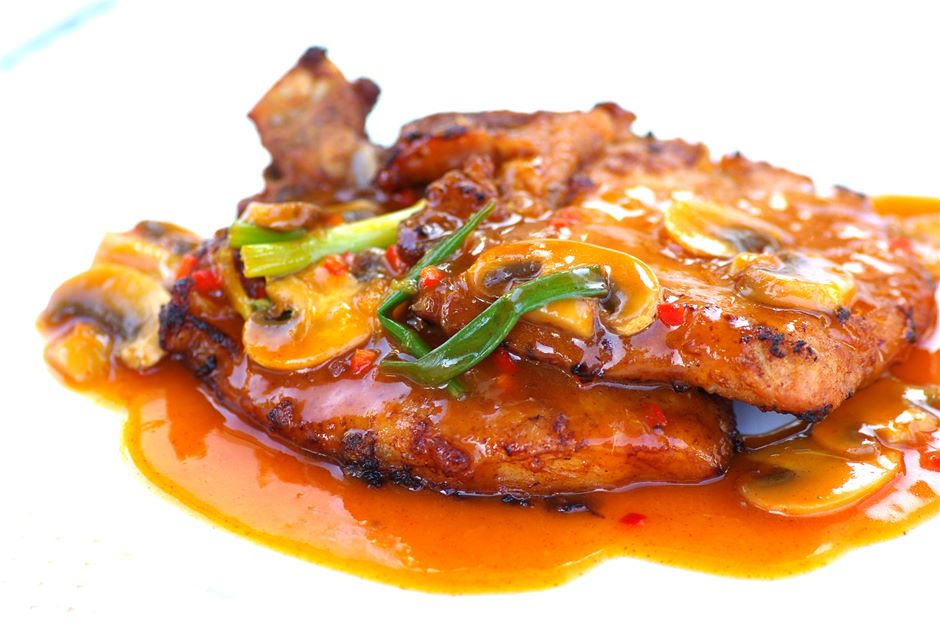Wine can win you extra points if you are out to impress a client – provided you know how, and what, to order.
WITH the frantic pace of life these days, no one thinks twice about mixing business with pleasure. Once, lunchtime was downtime, when one could leave work behind and just focus on enjoying one’s meal. Now it’s about working through your lunch – be it dining with your boss or making deals with a partner.
Either way, it’s business and like everything related to doing work, business lunches require decorum. What role does wine play here?
Let’s act out a typical business lunch situation.
You’ve absolutely got to have lunch with someone you need to impress. You’re picking up the tab. How you behave and what you say could mean a raise or a promotion. After all this is a chance of a lifetime.
You’ve selected the restaurant – hopefully one you’ve been to before. It has the right ambience, discreet friendly service and space to talk. Maybe you’ve even booked a private room.
You have perused the menu and selected a few dishes that aren’t too foreign, fiddly or have ingredients that tend to stick between your teeth. Then the manager presents you with the restaurant’s wine list. You’ve done your homework and know your guest has extensive wine knowledge and fancies himself to be a bit of an aficionado. What do you do?
There’s no need to panic. Here are a few tips.
·Let the wine your order work to your advantage.
Wine is a hobby for many and everyone likes to talk about his interests. This could be the opportunity you’ve been waiting for to get a conversation really going. Does your guest have a particular favourite wine or wine region? Do you have any amusing wine stories to tell? Do you have wine knowledge to share?
Wine can be the ultimate icebreaker here. With the right amount and ambience, wine also can set the mood for a very pleasant dining experience.
·Never hand the wine list to the guest if you are hosting.
He may be embarrassed is he does not know what wine to order, or at what price. Worse, your guest might assume you have a money-no-object expense account.
·Keep away from ordering ultra-expensive wines.
Business lunches need not be expensive, so the wines you order shouldn’t have to break your budget.
It has been said that “expensive may be impressive, but it seldom guarantees success.” What’s important here is to order wines that complement your food. Need help? Ask the sommelier, who would be more than happy to render his services. Would your guest’s favourite wine be a good match for your dining choices? This is the person to ask.
If you’re still thinking of ordering the most expensive wines just to impress, think about this: What are you saying to your guest indirectly? That you have expensive taste and are not shrewd with your money? Or, you’re a show off and will be more a liability than asset as an employee or partner?
·Stick to the tried and tested.
Fancy that this is the time to show your dining partner how well versed you are in exotic wines? Thinking of a pine-resin flavoured Retsina, the hybrid Marechal Foch, or the Schonburger English table wine? Maybe when you’re with your regular drinking buddies, but definitely not here. A business lunch is about partnerships and the relationship goes both ways. Choose a wine (if your guest has not stated any preference) that you both can relate to.
Wines such as Riesling, Chablis, Chardonnay, Burgundy, Chianti and Shiraz are easy to pronounce, as well as to appreciate. Make it easy for your guest to compliment you. “I like your choice of Merlot,” is easier on the tongue than, “This Gewürztraminer Trockenbeerenauslese is absolutely enticing.”
·Share the story, but don’t sermonise.
Wine is not a subject to brag about – unless you are being interviewed for a sommelier’s position. If your guest is a wine aficionado, be prepared to listen attentively, to avoid awkwardness.
Sniffing, gargling and spitting are not dining decorum. Sure, that’s what the experts do at wine fairs and competitions when they have hundreds of bottles to taste. At the table, exaggerated posturing comes across only as pretentious.
A full bottle of wine per person is simply too much. Wine takes time for it’s full effect to be felt. So drink slowly. Also, drink water so that your body doesn’t get dehydrated.
Sips of water in between glasses also dilutes the effects of wine. Suggest that your dining partner do the same. He will appreciate it by meal’s end.
Don’t drive drunk.
If you’re not sure what the legal limit is, ask your restaurant manager. If you’ve both had too much to drink, book a cab and come back for your cars later. Nothing says respect louder than when when you’re looking out for another person.
Ed Soon is a qualified oenologist and has run wine shops and worked as a winemaker in various countries. He now writes and teaches about wine around Asia.





